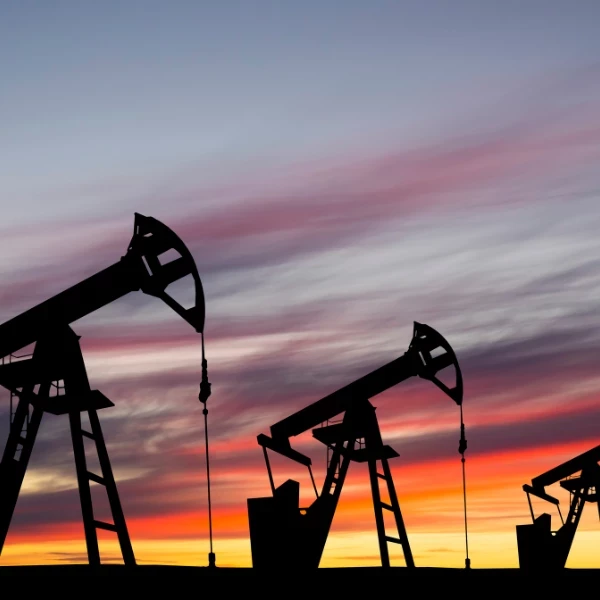Digital Barrels: The Rise Of Machine Learning In Oil And Gas
Add bookmarkHow automisation, machine learning and artificial intelligence could save the oil industry from itself
Machine learning and other big data applications could save the oil and gas industry as much as $50 billion in the coming decade, according to management consulting firm McKinsey & Company.
Since the cratering of the global oil price in 2014, companies have increasingly been looking at technology to secure the trifecta of reducing costs, improving efficiency and minimising downtime.
McKinsey has also asserted that: “The computers in the offices of the average big oil company can find an additional $1 billion in value, if you let them.”
Machine learning, the ability for computers “to learn without being explicitly programmed” is one of the subfields of the big data revolution has been applied to modern business since the 1990s, and is coming to the aid of the hydrocarbons sector in the oil price slump.
An upstream struggle
Of all the parts of the oil and gas industry rife for the rollout of machine learning, the upstream sector is the obvious choice.
Reliant on Bayesian statistics, a branch of mathematics that employs ”degrees of belief” to interpretations of probability, machine learning creates and uses algorithms to make predictions on data.
The exploration phase, dependent on the interpretation of layers of information riddled with uncertainties, is a perfect fit for the machine learning approach.
The rapid identification of patterns working across multiple variables had been a time-intensive process; this can now be partially-automated and optimised with oversight from experienced professionals.
Reservoir modelling, and trying to find out how a formation will react to particular drilling techniques can also be verified using a combination of algorithms and fuzzy logic, a technique used for prediction when information is either unreliable and/or incomplete.
Testing the waters “virtually” before a drill ever disappears downhole could save a company anywhere between millions and billions. In the future, an expensive flop like McMoRan’s $1.2 billion ultra deep water well, Davy Jones, could be avoided with the application of machine learning and case-based reasoning (CBR).
The case for case-based reasoning
Looking back at past failures and applying the lessons learned is a fundamental problem solving technique. Machine learning can speed up this process and widen the search net when seeking prior instances of similar problems in a case library.
Trawling through a database of logged events for a description that matches the issue at hand, solutions can be accessed in real-time to provide an essential guide for personnel on the ground to use as a troubleshooting tool.
Whilst this can be an invaluable asset to professionals “on the shop floor”, CBR is only as good as the number of cases you can draw from; a limited database provides for a narrower field of possible resolutions.
Computers to fill the Crew Change void
In the next few years, the attritional effects of the Great Crew Change will claim more than 50 per cent of the experienced professionals in the some of the most integral functions within the oil and gas space.
According to classification society, DNV GL, digitalisation is the top spending priority in 2017 for companies of all sizes in the oil and gas domain, as the high-risk industry aims to automate as much as possible in a price downturn.
As well as saving money, artificial intelligence and machine learning techniques will come to the aid of entry level staff, helping to plug the knowledge gap left by millions of hours of on-the-job experience exiting the industry in one fell swoop.
Whether it is to optimise processes at the front end of the hydrocarbons life cycle or to provide support for inexperienced professionals after the terminal effects of the Crew Change have set in, the oil and gas sector will be increasingly turning to machine-led intelligence to drive improvements in the years to come.






















